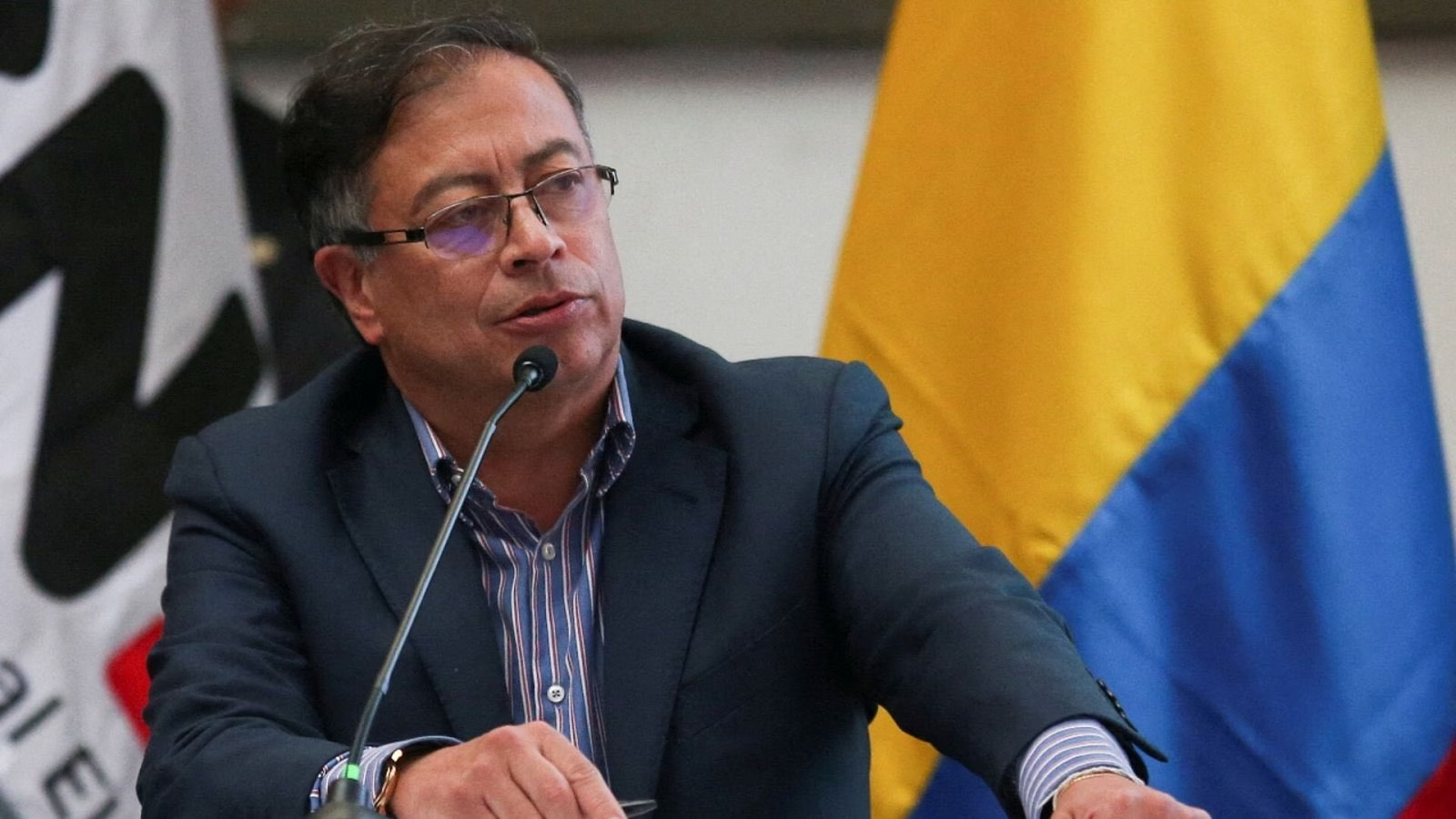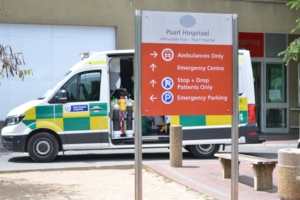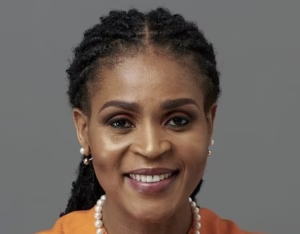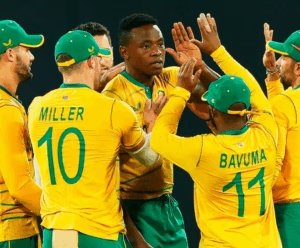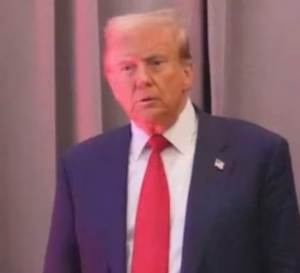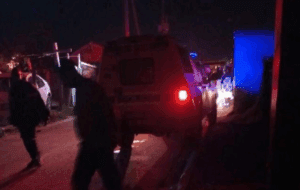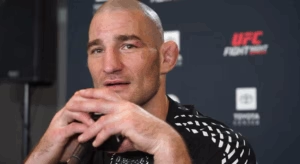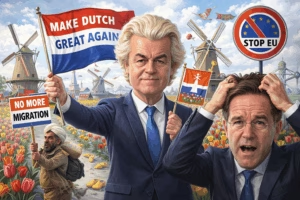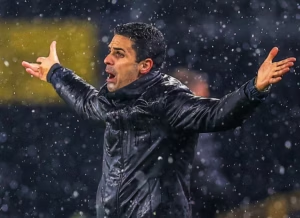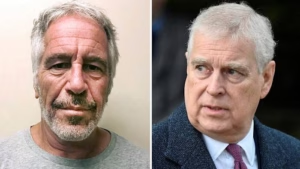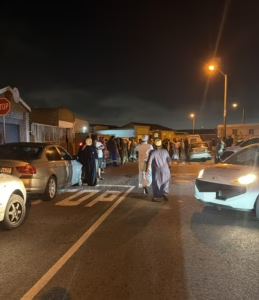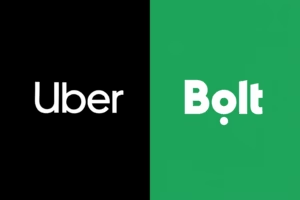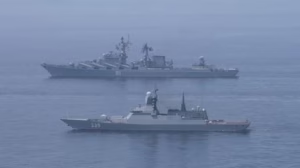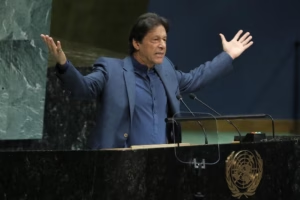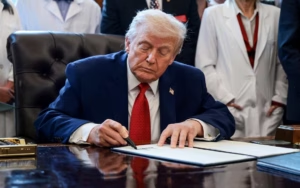The United States has unleashed a new wave of sanctions against Colombian President Gustavo Petro, his immediate family, and a senior member of his cabinet. The move, announced by the US Treasury Department, accuses Petro’s administration of enabling drug cartels to thrive, leading to a surge in narcotics flowing into North America. Petro, however, has forcefully dismissed the allegations, describing them as unjust and politically motivated.
Treasury Accusations And Washington’s Rationale
In a statement released on Friday, Treasury Secretary Scott Bessent alleged that since Petro assumed office in 2022, cocaine production in Colombia has reached unprecedented levels.
“Cocaine production in Colombia has exploded to the highest rate in decades, flooding the United States and poisoning Americans,”
Bessent stated, outlining the rationale for Washington’s punitive measures.
He further asserted that US President Donald Trump had decided to take decisive action.
“Strong action to protect our nation and make clear that we will not tolerate the trafficking of drugs into our nation,”
Bessent added, stressing the administration’s hard-line stance.
The sanctions extend beyond Petro himself, targeting First Lady Veronica del Socorro Alcocer Garcia, Petro’s son Nicolas, and Interior Minister Armando Benedetti. Washington described the three as the president’s “accomplices,” accusing them of benefiting from criminal activity. The measures freeze any assets they hold within the United States and bar American companies and individuals from conducting business with them.
Harsh Words From Trump
The US president’s rhetoric underscored the gravity of Washington’s displeasure.
Trump earlier called Petro “a lousy leader” and “a thug,” while describing Colombia as “a drug den.”
His comments have further strained relations between Bogotá and Washington, once considered close partners in the fight against narcotics.
“Mr. Trump is furious that I don’t support the Americans, with the Colombian army, to invade Venezuela. What stupid Colombians would think of helping to invade his cousins… so they can be killed like in Gaza?” Colombian President Gustavo Petro gives a fiery interview blasting… pic.twitter.com/HoU6T1elIp
— BreakThrough News (@BTnewsroom) October 22, 2025
President Petro Pushes Back Against The Allegations
President Petro took to X, formerly Twitter, to challenge the accusations. He argued that his government’s record in combating narcotics trafficking has been unmatched.
“We have seized more cocaine than any in the entire history of the world,”
he wrote, insisting that Colombia’s anti-drug operations have intensified since he took power.
The president went on to denounce the Treasury Department’s actions in stark terms.
“An arbitrariness typical of an oppressive regime,”
he declared, adding defiantly,
“We do not kneel, we are not a colony of anyone.”
Gustavo Petro quotes @nxt888 on TV
"The war on drugs is a lie. They respect the capital of drug traffickers. They allow them to own property in the US. They have never gone after their transnational capital."pic.twitter.com/RGlJii9mg2
— COMBATE |🇵🇷 (@upholdreality) October 21, 2025
Broader Tensions In Regional Security
The sanctions follow a series of recent US military operations targeting alleged drug boats in the Caribbean and Pacific. These strikes reportedly killed dozens of people, and Washington has claimed that the vessels were tied to Venezuela. Colombia, however, voiced its disapproval, condemning the attacks and calling on Washington
“to respect the norms dictated by international law.”
Petro’s administration has positioned itself as an advocate for a new approach to the war on drugs, one that prioritises rural development and public health over military confrontation. The latest US action, therefore, represents not only an economic blow but also a sharp political rebuke, intensifying an already fragile diplomatic relationship.
While Washington insists its sanctions are aimed at stemming the flow of narcotics, Bogotá views them as an encroachment on its sovereignty. The exchange of accusations has widened the gap between the two allies, threatening cooperation on broader regional security and trade matters.

